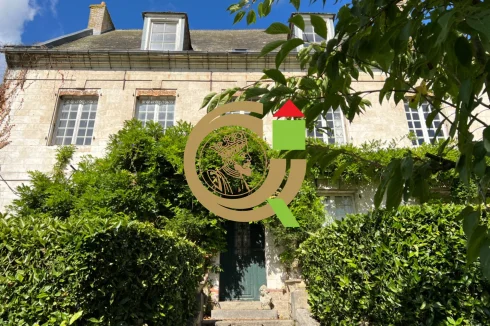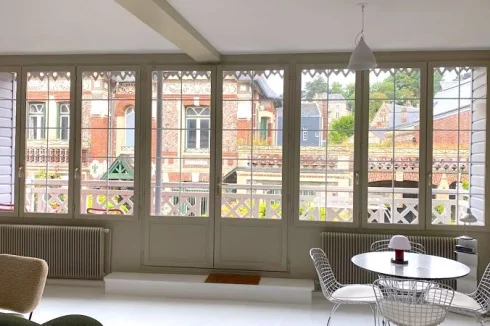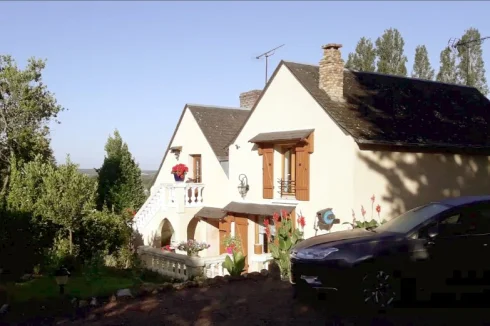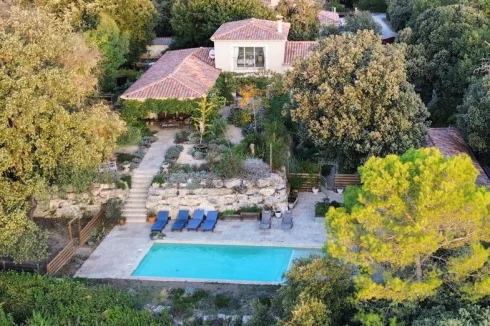French Lycee Baccalaureate Results
Tuesday 18 May 2010
The performance figures for French lycées in 2009 have been released, but how meaningful are they, and do they disguise more general educational failure?
The published results show not only the overall success rate for each lycée, but also an estimation of their ‘value added’ performance.
This adjustment seeks to take into account the social background of pupils attending each school.
However, despite the correction made for social class, private lycée schools dominate the top positions, taking 13 out of the top 20 places, and 62 places out of the top 100 schools.
This has lead many critics to question the validity of the tables.
Leading the criticism is ‘UNSA Education’, a federation of 27 teaching and education unions.
Amongst the factors they consider to have been omitted from the equation are the differences in class sizes and the fact that private lycées select their pupils.
In some of the most prestigious private schools in Paris and other major cities selection takes place on a national basis, with entrance by examination.
There are also big differences in class sizes between the public and private schools. UNA point out that while 15% of private lycées have less than 15 pupils per class, and 30% less than 19 pupils, 43% of state lycées professionnels have class sizes of at least 100 pupils!
The differences are starkest in Paris, where over 40,000 state pupils attend 73 schools, while 20,000 pupils attend 105 private schools.
While UNA clearly have a point, pupils attending the lycées professionnels sit for a different type of baccalaureate examination than those in the general lycées, so their comparison is a slightly false one. Most general lycées do have larger class sizes than most private schools, but average around 35 pupils per class.
In comparing the performance between state schools the exam figures and the UNA also fail to take into account the level of selection within the state schools themselves.
Some state schools adopt a stricter policy than others in granting pupils access to the baccalaureate examination, which will inevitably impact on their performance figures in the league tables.
System Fails Pupils
So a more damning criticism of the system is the not merely the unequal exam results between private and public schools, but the generally poor performance of the French education system in comparison to many other countries, and the level of inquality that exists within the state system itself.
This is the key message of a recent devastating report from the French national audit office, the Cour de Comptes, who stated that the system was responsible for aggravating existing social inqualities.
One in six pupils left school without any qualification at all, and the vast majority of those who were successful in obtaining a general baccalaureate came from a 'privileged' social background.
They considered that while the education system produced a highly qualified and bright elite, it failed the majority of pupils. The average performance of French children in maths and reading and writing was below the average of OECD countries.
The authors argued that the system was too centralised and uniform, and that schools should be given greater autonomy in management and in curriculum to respond more directly to the needs of pupils in the area.
The criticised the way that in some schools streaming of pupils took place, despite evidence that mixed ability classes did not affect the performance of the ablest pupils, and improved the average performance of the whole class.
They also argued that the freedom given to parents to send their child to the school of their choice presented a great risk, as it meant that the best pupils went to the best schools.
They considered that the system of school funding should not be based on a per capita sum, but a more comprehensive evaluation of the needs of the pupils in each school.
They were also very critical of the system of redoublement, in which some pupils are required to resit their year, which they considered to be ineffective.
The response of the French government has been to largely dismiss the report, arguing that it failed to take enough account of the reforms of the last five years.
Exam Performance
Around 65% of school pupils sat for the baccalaureate last year. Over 300,000 pupils passed a baccalauréat général examination, 163,085 the baccalauréat technologique and 127,6622 the baccalauréat professionnel.
The pass rate was 88.8% for the general baccalaureate, 79% for the ‘bac tec’ and 87% for the ‘bac prof’. These pass rates are increasing each year.
Despite the shortcomings of the figures, as Marie Duru-Bellat, a university professor of sociology at Sciences Po Paris commented to Le Monde: ‘The notion of value added is incontestably progress, to which other factors could be added… but to refuse to examine the differences between schools is ostrich politics.’
Thank you for showing an interest in our News section.
Our News section is no longer being published although our catalogue of articles remains in place.
If you found our News useful, please have a look at France Insider, our subscription based News service with in-depth analysis, or our authoritative Guides to France.
If you require advice and assistance with the purchase of French property and moving to France, then take a look at the France Insider Property Clinic.





